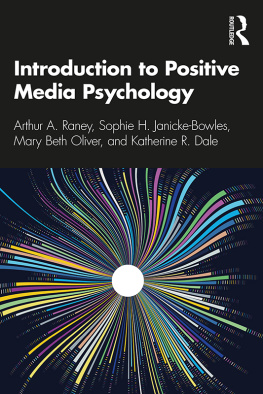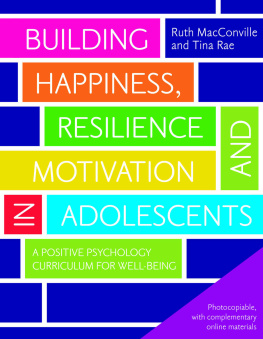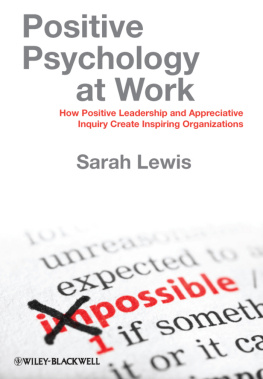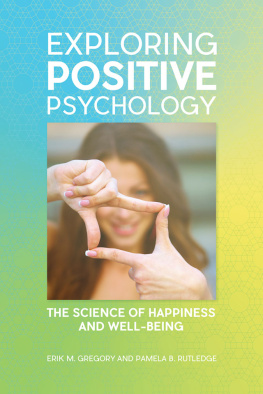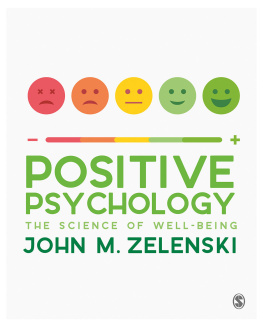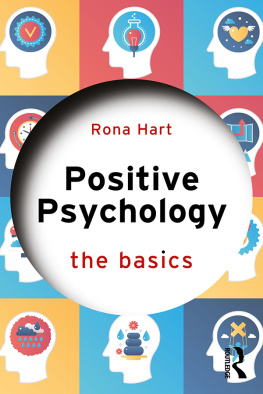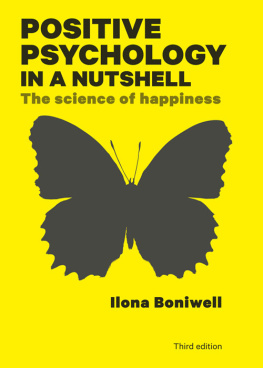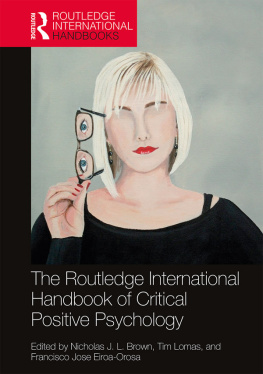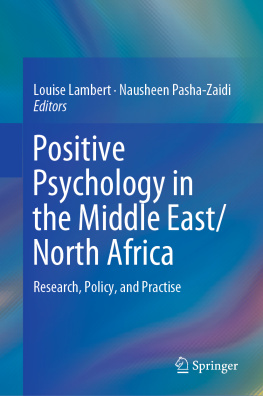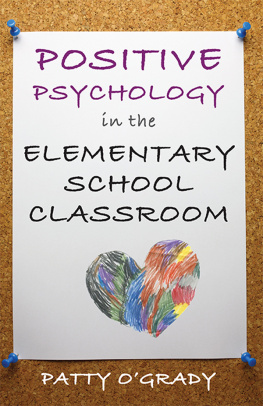Second Language Learning and Teaching
Series Editor
Mirosaw Pawlak
Faculty of Pedagogy and Fine Arts, Adam Mickiewicz University, Kalisz, Poland
The series brings together volumes dealing with different aspects of learning and teaching second and foreign languages. The titles included are both monographs and edited collections focusing on a variety of topics ranging from the processes underlying second language acquisition, through various aspects of language learning in instructed and non-instructed settings, to different facets of the teaching process, including syllabus choice, materials design, classroom practices and evaluation. The publications reflect state-of-the-art developments in those areas, they adopt a wide range of theoretical perspectives and follow diverse research paradigms. The intended audience are all those who are interested in naturalistic and classroom second language acquisition, including researchers, methodologists, curriculum and materials designers, teachers and undergraduate and graduate students undertaking empirical investigations of how second languages are learnt and taught.
More information about this series at http://www.springer.com/series/10129
Editors
Katarzyna Budziska
Language Centre, Lodz University of Technology, Lodz, Poland
Olga Majchrzak
University of Humanities and Economics, Lodz, Poland
ISSN 2193-7648 e-ISSN 2193-7656
Second Language Learning and Teaching
ISBN 978-3-030-64443-7 e-ISBN 978-3-030-64444-4
https://doi.org/10.1007/978-3-030-64444-4
The Editor(s) (if applicable) and The Author(s), under exclusive license to Springer Nature Switzerland AG 2021
This work is subject to copyright. All rights are solely and exclusively licensed by the Publisher, whether the whole or part of the material is concerned, specifically the rights of translation, reprinting, reuse of illustrations, recitation, broadcasting, reproduction on microfilms or in any other physical way, and transmission or information storage and retrieval, electronic adaptation, computer software, or by similar or dissimilar methodology now known or hereafter developed.
The use of general descriptive names, registered names, trademarks, service marks, etc. in this publication does not imply, even in the absence of a specific statement, that such names are exempt from the relevant protective laws and regulations and therefore free for general use.
The publisher, the authors and the editors are safe to assume that the advice and information in this book are believed to be true and accurate at the date of publication. Neither the publisher nor the authors or the editors give a warranty, expressed or implied, with respect to the material contained herein or for any errors or omissions that may have been made. The publisher remains neutral with regard to jurisdictional claims in published maps and institutional affiliations.
This Springer imprint is published by the registered company Springer Nature Switzerland AG
The registered company address is: Gewerbestrasse 11, 6330 Cham, Switzerland
Preface
As it has become a tradition that positive psychology volumes begin with a personal story which inspired the authors or editors, the editor of this volume will follow suit:
A friend was visiting me and my daughter, Emilia, who was six years old at the time. While I was tidying in the kitchen, my little daughter jumped at the visitor and demanded that he play with her. The visitor refused explaining that he had already played with her before lunch. Emilia made the most disappointed face and sadly walked away. I looked into her disillusioned eyes and asked the visitor, Why did you do that? I would have understood if the child was asking for something that was unsafe, unhealthy or unrealistic: like, Can I ride an elephant?, but at that moment it took very little to put a smile on my daughters face. The visitor defended himself, I just thought that if we let children have their way all the time, they become spoilt. To which I replied, But why say no if you can say yes? Why not make someone happy if it takes so little?
When I was wondering how to begin the preface to this volume, this scene from the past came back to me, as for me, the question: Why say no if you can say yes? is the essence of positive psychology.
This story is reflected in my everyday life as a language teacher. Students make the same unhappy face when asked to work with a partner they do not like, to give an answer they do not have or are given a negative grade.
Teachers look equally disillusioned when they have to use equipment that does not work, write an email to their boss because their boss is too busy to speak to them, or do overtime when they already feel overworked.
My colleague, who writes teaching materials, told me about a meeting she had with teachers concerning their preferences for progress tests. One of the teachers said that a perfect test is one that 90% of the students fail. One would ask, Why? Sadly, I believe some teachers choose to say no when they can say yes.
Even though I believe the readers of this book will opt for saying yes when they can say yes, there is still not enough well-being and happiness among teachers and learners. This is why positive psychology, whose key feature is well-being, is thriving. Despite some initial criticism that it is not a serious enough science, its comparison to non-academic self-help books, and accusations that it is a tyranny of positive thinking, an unhealthy expectation that people must be happy all the time (MacIntyre, this volume), well-established scholars continue working in this field, new positive psychology academic journals, edited volumes, positive special issues of academic journals, or just articles on the topic are being written. New positive psychology conferences are held in various parts of the globe, and the number of participants at next years Mobilizing Positive Psychology in SLA to be held in Canada has dramatically exceeded its expectations.
Positive psychology in education, and in Second Language Acquisition (SLA) in particular, is a relatively new branch of positive psychology. Consequently, any work done in this field is still filling the gap in research. This volume demonstrates how resources taken from positive psychology can benefit both teachers and learners. It explores further topics such as affectivity and positive emotions, engagement, enjoyment, empathy, positive institutions, a positive L2 self-system, as well as newly added Positive Language Education. Some papers in this collection introduce new topics such as the role of positive psychology in international higher education, a framework for understanding language teacher well-being from an ecological perspective, or positive institutional policies in language education contexts.
The contributions in this volume have been divided into three parts: theoretical, empirical and applied. Peter MacIntyre, who is the father of positive psychology in SLA, opens the theoretical part with a chapter which focuses on positive psychology and its application in second language acquisition. In defining what positive psychology is, the chapter also addresses what positive psychology is not and explains in detail the risk of applying positive psychology principles in an oversimplified manner. Furthermore, the author examines the notion of positive language education which would combine language and personal development (well-being).


